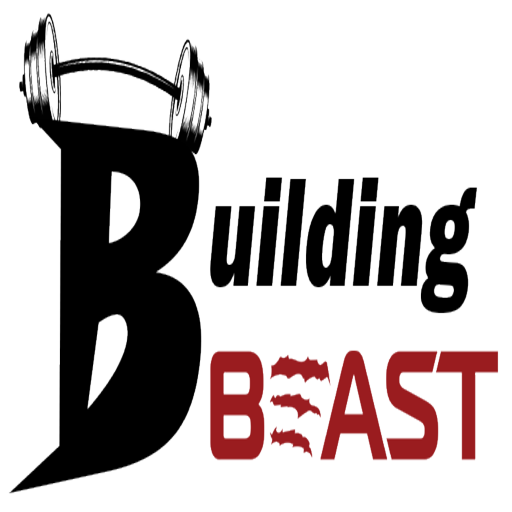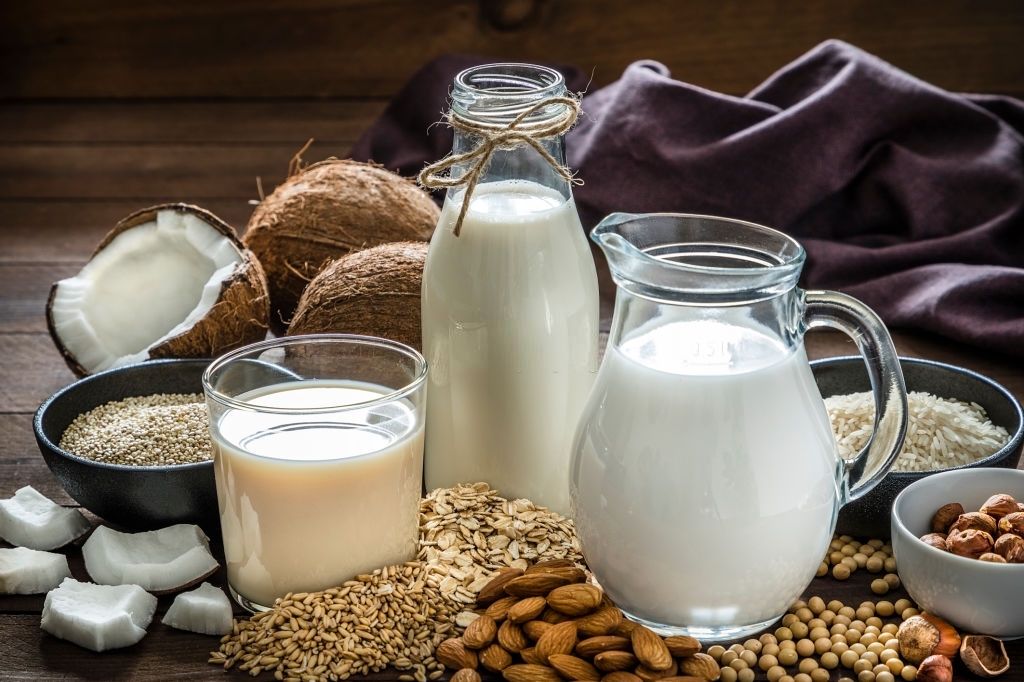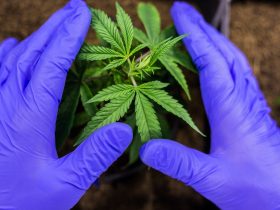Everyone will have the optimum amount of the best protein powder they must consume. The amount will vary depending on your height and weight, but most people can absorb up to 42 g per meal. When you exceed this amount, you will probably not be using all that extra protein. You can’t use it to build and repair muscles. This additional protein is stored as fat. But getting the optimal amount of protein depends on numerous factors, including your activity, age, and muscle mass. Your current state of health must also be factored in.
If you have a low-protein diet, you might not exhibit any symptoms at first. But if you are consuming protein consistently over a period, it can impact your internal system and cause a range of adverse health issues.
Weight loss
If you are not consuming enough protein, it probably means you aren’t eating or ingesting enough calories. You might be following an odd diet that is unhealthy. You might also be having digestive imbalances. If you consume too few calories, your body will utilise the protein you do eat for energy instead of muscle building. In contrast, some people might be gaining weight since their bodies respond to a lack of energy by slowing down the metabolism. Fortunately, you can purchase the best protein powder to help get your nutrition back on track.
Muscle wasting and muscle weakness
The majority of people who are vulnerable to this condition are Middle-aged men. There is a natural loss of muscle because of aging, and they may even lose muscle if they are not getting the optimum amount of protein in their daily nutrition.
Swelling
When your body lacks protein, you suffer from a health condition called edema. Because of fluid retention, you will be gaining additional mass in your extremities. Protein plays a critical part in making sure fluid is not accumulated in the tissues, especially around your feet and ankles.
Low blood pressure as well as low heart rate
When you are experiencing a protein deficiency, the proteins of your blood and your blood pressure will go down. Thus, it will impact numerous other functions in your body since the nutrients aren’t getting to critical tissues. If your body fat percentage is deficient, you are not obtaining sufficient protein. You can suffer a health condition called bradycardia or slow heart rate. If you wear a heart monitor and notice that your heart has dropped anywhere below normal from 60 to 100 bpm, it is critical to make an appointment with your doctor. You might feel lightheaded as well as struggle breathing. You might even faint. There are harmful side effects if you have low-protein and yet an avid gym-goer.
Malabsorption of nutrients
Suppose you’re not eating sufficient amounts of protein, such as red meat. In that case, your body may have difficulty getting nutrients such as critical vitamins and minerals, niacin, calcium, and zinc.
Liver health problems
In many cases, protein deficiency and liver issues are intertwined. Without protein, your liver will have a hard time eradicating lipids and detoxifying.
Anemia
If your body is not getting optimal amounts of protein, you are prone to have a lack of vitamin B12 and folate. It can result in anemia. It is a condition where the body doesn’t have sufficient amounts of red blood cells. It can also result in low blood pressure and fatigue.
You must get enough protein in your diet, especially if you are building your body and going to the gym frequently. Keep in mind that your body will be demanding more nutrition if you do high physical activity levels. You must have a steady supply of protein for building and repairing your muscles, as well as carbohydrates for providing you with optimal amounts of energy.







